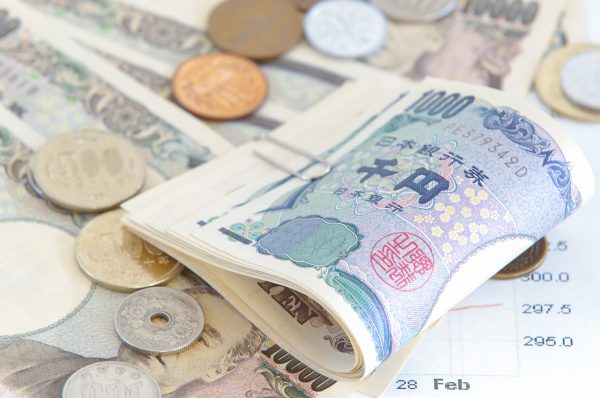
Japan’s Prime Minister Kishida Fumio has moved forward with key measures in response to Russian aggression in Europe. Following discussions with world leaders, Kishida announced that Japan would triple its loans to Ukraine, bringing the total to $300 million. Speaking from Europe in March, Kishida pointed out that now remains an important time for cohesion among the international community to support Ukraine.
Kishida’s government is intent on sanctioning Russia and supporting Ukraine. But can Japan’s prime minister remain focused on foreign policy challenges while keeping voters at home onside, particularly with the potential for these measures to contribute to inflation and impact Japan’s economic recovery?
Recent moves by Kishida’s government show that Japan is taking a strong stance on Russian aggression in line with partners like the European Union and the United States. Japan’s Cabinet has approved measures that prohibit Japanese firms from making new investments in Russia. Other measures also include moves to phase out Russian coal imports and ban the import of a range of items from Russia. Russian coal imports currently make up 13 percent of the total used for power generation in Japan. It remains possible that these policies could contribute to inflation in Japan going forward. Energy costs remain a worry highlighted in recent consumer price index reporting from the Bank of Japan.
Worries about creeping inflation continue to grow in Japan. Japan’s Finance Minister Suzuki Shunichi has described fluctuations of the yen compared to the U.S. dollar as “undesirable.” The concern is that Japanese firms are not well-positioned to pass on increased import costs to consumers given Japan’s economic volatility. Although some inflation is expected, a range of inflation costs associated with imports could hurt consumers in Japan in the long term. Japan’s current consumer price index indicates the fastest price gains since February 2020, although price increases remain below projections according to figures released by the Bank of Japan.
The Bank of Japan is looking to revise upward its inflation projections for 2022. Japanese consumers have already been hit with increased price hikes associated with the domestic COVID recovery in March 2022 according to some newspaper reporting.
Bank of Japan Governor Kuroda Haruhiko spoke with caution, pointing out that “we also need to keep in mind that [the yen’s decline] could adversely affect [Japan’s economy].” While exports could be bolstered by reductions to the yen, the increased costs of imports may negate any positive effects in the long term. Whether exporters would see an advantage from a lower yen depends on the economic recovery of a range of Japan’s trading partners. If the global economic recovery remains slow, the advantage of a declining yen for exporters could be minor.
While concern about inflation has impacted public perceptions of a number of world leaders, polling in Japan shows that inflation is not shaping public opinion of Japan’s prime minister at this stage. Polling done in Japan in April by Asahi Shimbun shows that 88 percent of Japanese surveyed supported Kishida on statements describing Russia’s actions in Ukraine as war crimes. When asked about inflation, a majority of those surveyed indicated that they did not view Kishida as responsible directly for increased costs. The approval rating of Japan’s cabinet currently sits at 55 percent, the highest since the administration took office. Japanese voters seem willing to accept potential costs associated with aggression in Europe and support new moves to sanction Russia.
Foreign policy has not always been given this kind of leeway by the Japanese public. Former Prime Minister Suga Yoshihide did not enjoy public support while making strong statements about Chinese aggression toward Taiwan in 2021. This was in part because Suga’s government was viewed negatively for other reasons, especially its management of COVID-19, with 64 percent disapproving of the government’s management of the pandemic in a Pew Research poll in 2021. Voters were more impacted by what was happening at home and international engagement was not viewed as a priority. That seems to have changed since Kishida has become prime minister.
While increasing costs are a worry for the public, it does not seem to be one that is currently associated with Kishida in the same way as COVID-19 management was with Suga in 2021. For the moment, the public in Japan views positively Kishida’s leadership in foreign policy matters This gives Japan’s prime minister ample opportunity to maintain a strong stance on the world stage toward Russia without taking a hit in his popularity at home. While other countries may be inclined to waver as inflation costs bite, public concern about events in Ukraine continues to outweigh concerns about Japan’s economy for the moment.
Is Japan Willing to Pay the Price of Sanctioning Russia?
Source: Frappler

0 Comments